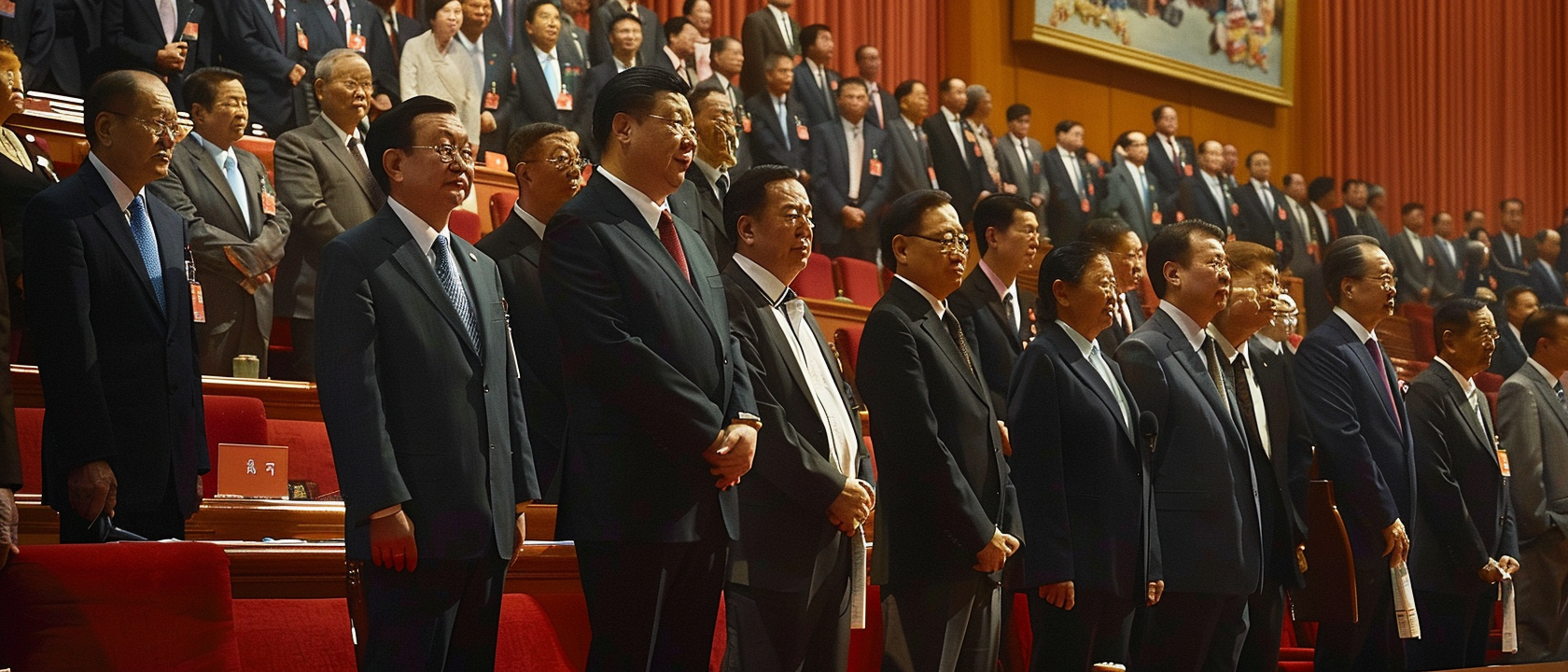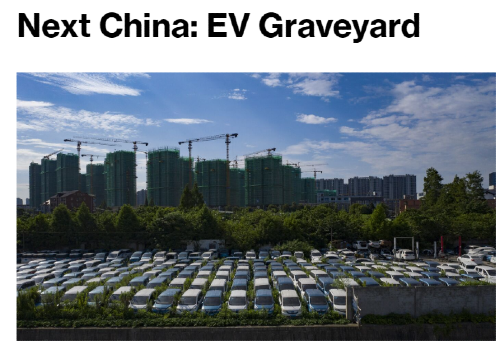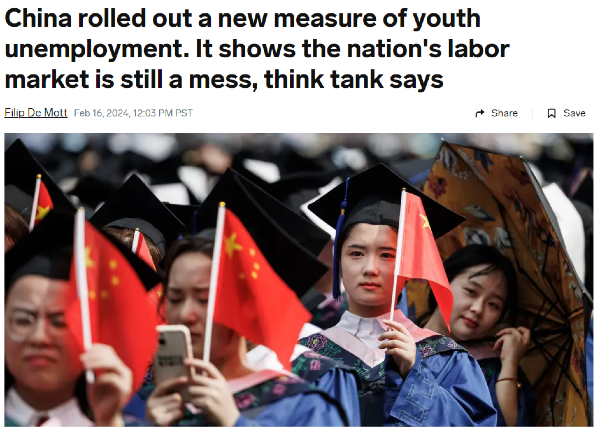

Diving into the stark realities of China's faltering economy, highlighting a drastic halt in its once-rapid growth.
In a stark analysis, recent data points to the conclusion that the era of China's rapid economic growth has come to an abrupt halt, with Beijing's policy missteps exacerbating the downturn. A Wall Street Journal article has highlighted the extent to which China's once-thriving economy, a product of decades of free-market reform, is now struggling under the weight of government intervention and mismanagement.
The first half of the year has seen Chinese manufacturing take a significant hit, with mass layoffs and plummeting prices signaling distress. Further compounding the economic woes is the nation’s housing market, which is virtually at a standstill. With fears mounting over the potential bankruptcy of trillion-dollar property developers, the confidence of borrowers is shattered. Combined, the manufacturing and housing sectors comprise nearly half of China's GDP—a proportion much greater than in the United States—leaving the rest of the economy to limp along.
President Xi Jinping's clampdown on private businesses, viewed as political threats, marks a severe departure from China's previous growth-at-any-cost ethos. This shift has had chilling effects, including the temporary disappearance of prominent entrepreneur Jack Ma, the founder of Alibaba. Under Xi's tenure, China's annual growth has decelerated from double digits to a mere 5%, a rate more akin to that of a developing nation.

In a bid to counter slowing growth, Beijing has injected trillions into favored industries, notably green technology, manufacturing, and housing. This has led to China producing about 30 times more solar panels than the US and Europe combined and at one point, housing around 500 electric vehicle manufacturers. However, this surge has not been without consequence, as roughly 400 of these companies have failed, leaving behind what Bloomberg has termed "EV graveyards."

The property sector is similarly afflicted with "ghost cities" — vast urban developments built at significant cost but remaining uninhabited, deteriorating in isolation. Despite expectations for new stimulus measures during the annual People's Congress, hopes have been dashed as Beijing appears immobilized, beset with the fear of further collapses in the manufacturing and development sectors.
China's nonfinancial debt, which has mushroomed to an estimated 50 trillion over the past decade, looms large over the economy. Much of this debt is tied up in the very sectors that have been the focus of government largesse and now face the daunting transition from old, cheap debt to new, costly obligations.
The implications of China's economic malaise are profound. Domestically, there's the potential for unrest among the millions of unemployed citizens, with youth unemployment officially at 20.4% and potentially much higher according to some estimates. The South China Morning Post suggests that actual figures may be closer to 50%, a statistic that the government has ceased to publish, indicating the sensitivity and gravity of the situation.

Internationally, a weakened China might not cease its efforts to destabilize the US. However, the economic decline could lead to a flood of inexpensive imports, providing temporary relief to American consumers and inflation but risking the decimation of what remains of the domestic manufacturing base.
As the world watches, the question remains whether Beijing will alter its course or continue down a path that risks both domestic upheaval and the undermining of global economic stability.